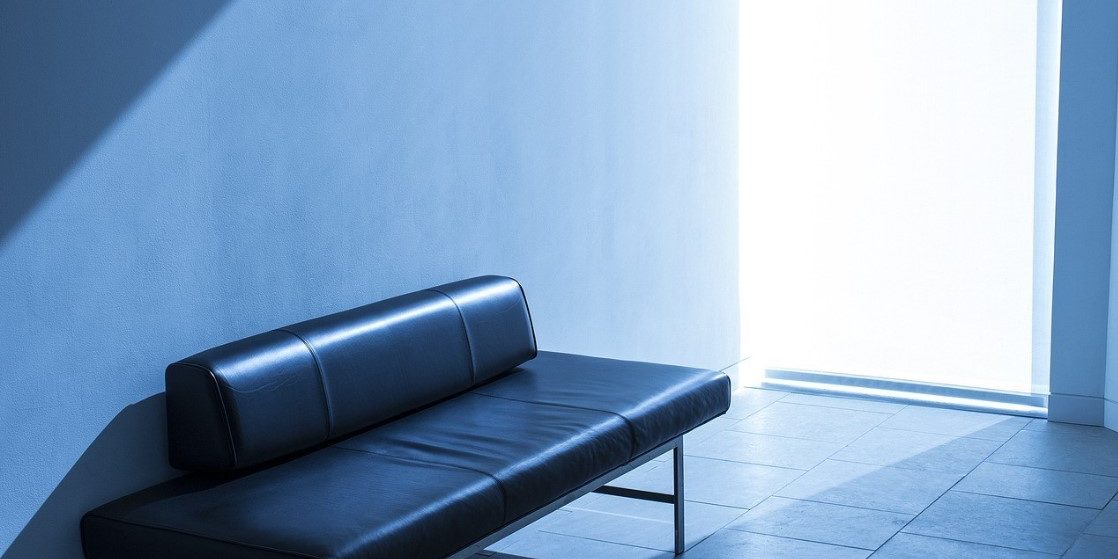16 May, International Day of Light
The International Day of Light is a global initiative, promoted by UNESCO, to increase awareness of the science and technologies of light and their impact on the world today. It commemorates the first emission of laser light in 1960, a scientific discovery that provides tools for the benefit of society in communications and health technologies, as well as in many other fields.
The interrelationship between sunlight and health
On the occasion of International Day of Light, the Silestone Institute highlights the importance of the presence of natural light in our lives whether in the home, workplace or educational environment. Light not only has a positive impact on our physical and mental health, but can also influence our general well-being and quality of life.
Scientists have known for decades that natural light is essential for human health. We are circadian beings, which means “around the clock”, i.e. we are programmed by a biological clock that controls our life cycles through sunlight. Lack of exposure to daylight disrupts our sleep, as does the presence of artificial light sources at bedtime, which has a direct and significant impact on our health.
Studies show that people who spend most of the day in windowless rooms sleep worse and have poorer physical and mental health than those with windows nearby. A classic study found that students who studied without daylight showed an altered hormonal pattern that negatively influenced their growth and absences due to illness. But not only will our health be better, we will recover more quickly. A Korean hospital found that their patients recovered faster in south-east facing rooms and that morning light was more beneficial to the health of the patients.
Two of the great ailments of our modern age, stress and depression, are also linked to a lack of daylight. Other studies have established that workers in windowless offices are less happy and in poorer health than their colleagues with constant sources of natural light. They are also more stressed. Arctic workers feel they do not get enough sleep and are more prone to depression during winter, a finding supported by extensive research on Seasonal Affective Disorder (SAD), a type of depression that affects some people during the shorter days of this season.
The relationship between daylight and behaviour has been less frequently studied. However, Taiwanese researchers have shown that people act more ethically by establishing that a brighter environment can induce people to act less selfishly and increase the likelihood of behaving more honestly.
Source: Blue Zones article “Healthier by Design: Impact of windows and sunlight on health, productivity and stress”.
The design of well-lit spaces is essential for the optimal development of our lives.
Living in well-lit spaces with natural light provides us with numerous benefits. Sunlight is a source of vitamin D, essential for our bone health and immune system. In addition, regular exposure to natural light helps regulate our internal clock, improving sleep quality and promoting an overall sense of well-being.
Working in well-lit environments can also have a significant impact on our productivity and work performance. Natural light improves concentration, reduces eyestrain and promotes a positive working environment. Studies have shown that employees who work in spaces with abundant natural light are more efficient, creative and more satisfied in their work.
The educational environment also benefits greatly from natural light. Students exposed to good lighting in classrooms perform better academically, have longer attention spans and are less stressed. Natural light also contributes to a stimulating and pleasant learning environment.
The design and construction of well-lit spaces with natural light not only has a positive impact on our physical and mental health, but also influences our mood, productivity and overall quality of life. Ultimately, the creation of bright environments is essential to fostering people’s well-being and promoting a healthier and happier society.

